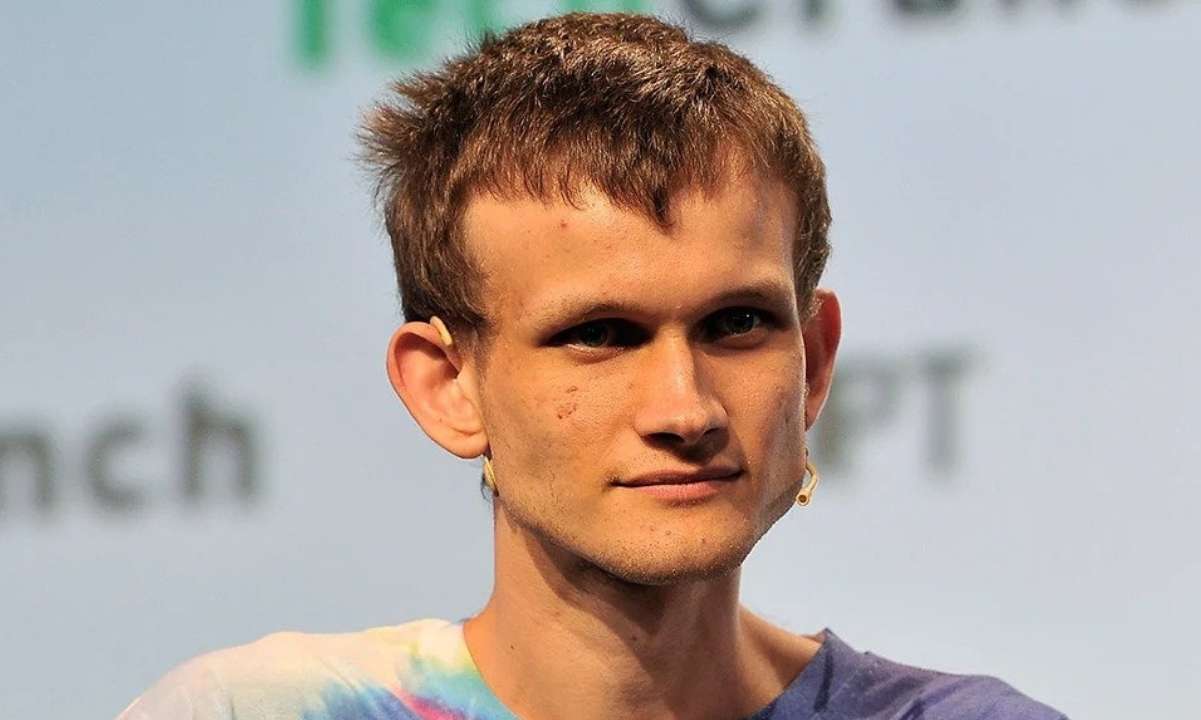Ethereum co-founder Vitalik Buterin has shared his thoughts on the future of the blockchain, highlighting key improvements aimed at making the network faster, more secure, and accessible to more users.
He said that while 2022’s transition from proof-of-work (PoW) to proof-of-stake (PoS) has been largely successful, some areas of the network still needed improvement.
Faster Transactions and More Access
In an October blog post, he outlined several key developments, including block finality, staking accessibility, and network security.
Currently, it can take about 15 minutes for a transaction to be confirmed, causing congestion in the network. To address this, Buterin proposed exploring single-slot finality, which has the potential to finalize blocks in just 12 seconds.
Initially mentioned by him in July 2024, this solution would allow transactions to be completed almost immediately, improving user experience and network security in one fell swoop.
The Ethereum co-founder also highlighted the need to make the staking process more accessible. At the moment, users need to stake 32 ETH to participate as validators. With the cryptocurrency currently trading at $2,600, it translates to an outlay of more than $83,000. This relatively high cost has created a barrier to entry for smaller players.
Buterin proposed lowering the minimum staking amount to 1 ETH, arguing that it would encourage more solo stakers to participate, ensuring control isn’t vested in a few large entities. To that end, he outlined several potential solutions. The Brute Force Approach would involve advanced cryptographic techniques, such as zk-SNARKs, to aggregate signatures from millions of validators efficiently.
Another proposal is the introduction of Orbit Committees, which would randomly select smaller groups of validators to finalize transactions. This would reduce the workload while maintaining economic finality.
Two-tiered staking introduces two types of stakers: higher-tier ones who directly influence finalization and lower-tier stakers who can delegate their stakes or play a less active role.
Security Enhancements
The Ethereum co-founder also highlighted the need for ongoing security improvements. He recommended implementing a single secret leader election technique, which would make it more difficult for bad actors to target the network with a Disruption of Service (DoS) attack.
In the current system, participants know who is responsible for proposing the next block, making it possible for malicious actors to target them. Buterin’s proposal counters this risk by keeping the identity of the block proposer secret until the block is produced.

